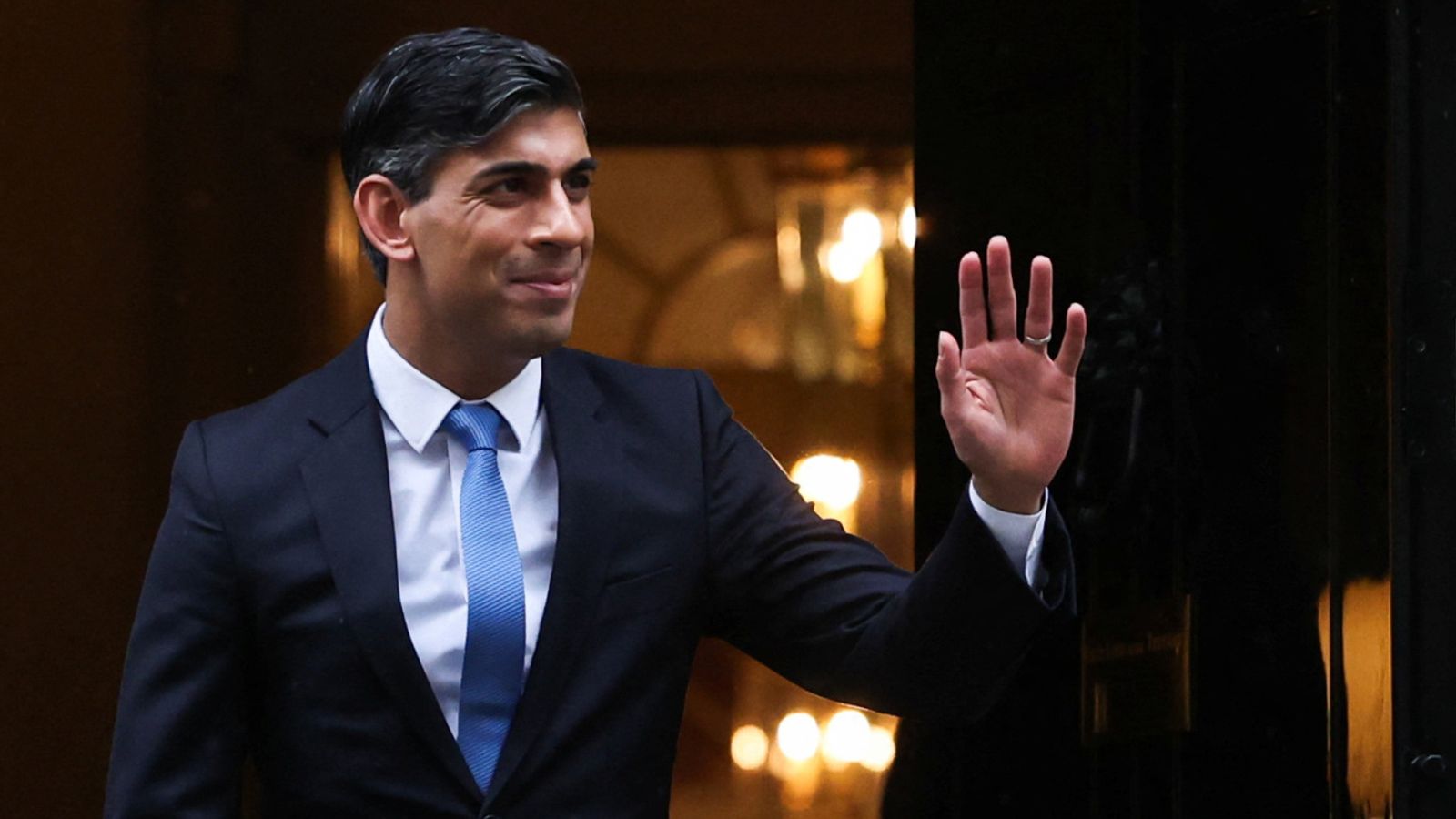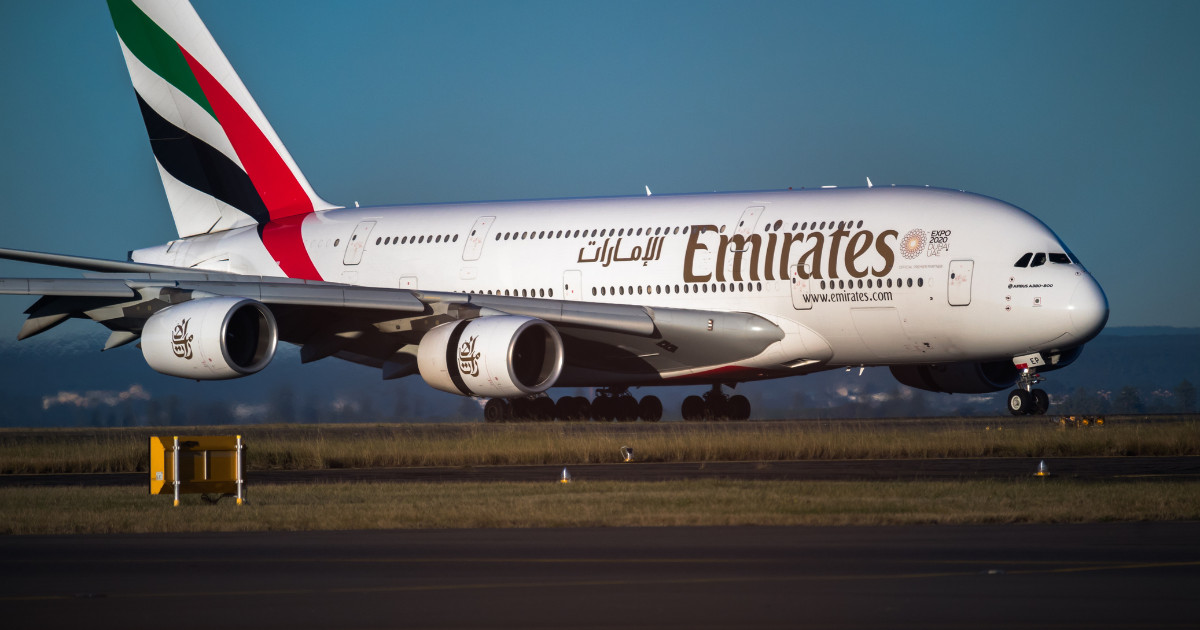Nigeria’s Telecommunication industry is suffering from a significant drop in investment as the country’s deteriorating economic realities keep the sector under strain.
Due to declining revenues and growing costs, the industry—which is essential to Nigeria’s digital transformation and economic growth—is finding it difficult to draw in and hold on to investments, according to The Punch.
The President of the National Association of Telecoms Subscribers, Adeolu Ogunbanjo said “Most of the telecom components, such as base stations, are largely imported and require dollars.”
Nonetheless, he insisted that a small tariff change would allow telecom operators to maintain service quality while managing the escalating cost of imports.
The naira has depreciated by approximately 98 per cent against the dollar since May 2023, weakening from around N420 to N1500 per dollar, according to PricewaterCoopers.
The elimination of petrol subsidies and the consolidation of many foreign exchange windows into a single import and export window served as the forces behind this.
The exchange rate dropped to 1579.89/$ on Friday from N1,586.04 on Wednesday.
The Chairman of the Association of Licensed Telecommunications Companies of Nigeria, Gbenga Adebayo voiced doubts about the telecom sector’s viability in Nigeria given the country’s present financial environment.
Adebayo cited the lack of government concessions and incentives as one of the industry’s major problems, along with a lack of investment drive.
“If operators can get some form of concessions and incentives from the government to stimulate investment, then that’s good, but with that not happening, it makes it difficult,” he said.
The ALTON chairman emphasized that although the industry had been talking about solutions to guarantee sustainability for some time, the state of affairs was getting worse.
“We are beginning to see some signs of distress,” he warned.
Recently, in Lagos, telecom stakeholders gathered at a town hall event organised by Financial Derivatives Company to discuss the future of the telecommunications industry and its impact on the Nigerian economy.
The Chief Executive Officer of Airtel Nigeria, Carl Cruz emphasized how the depreciation of the naira has affected the telecom sector, pointing out that throughout the last 18 months, it has reduced value and pushed businesses to their breaking point.
He revealed that discussions were ongoing regarding the pace of future investments in the country, with concerns about returns on investment. Despite the challenging operating environment, Cruz remained optimistic that investments would continue, albeit at a slower pace.
“Digital investment is very important. It is an enabling industry. We enable other industries to increase their impact on society. We enable individuals to improve their connectivity and be included in financial and digital inclusion. That will not stop,” Cruz said.










